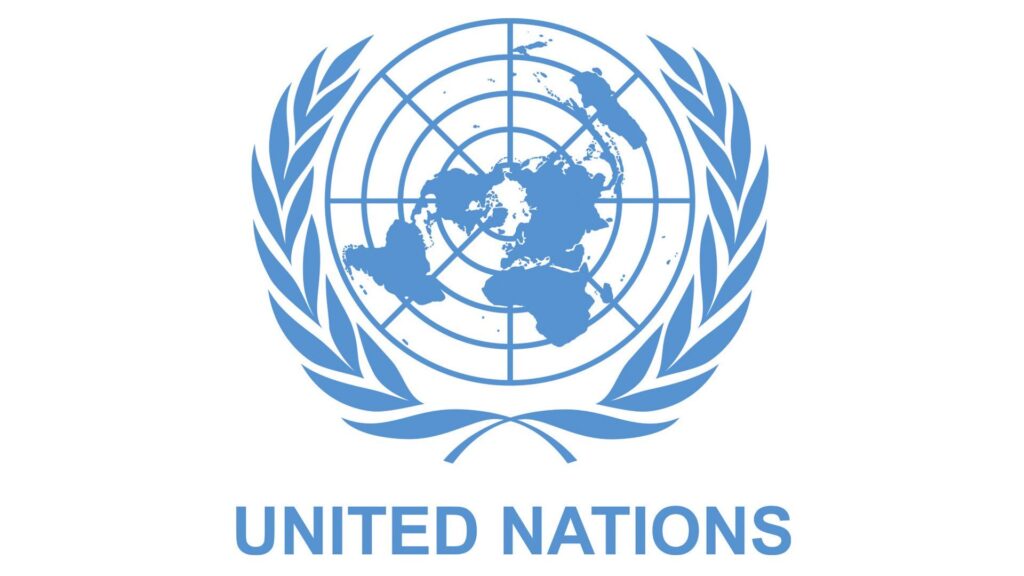Nigeria has presented its Third Voluntary National Review (VNR) at the 2025 United Nations High-Level Political Forum (HLPF) on Sustainable Development, reaffirming its commitment to the 2030 Agenda and Sustainable Development Goals (SDGs).
Leading the country’s delegation in New York, the Senior Special Assistant to the President on SDGs, Adejoke Orelope-Adefulire, stated that Nigeria remains resolute in its pursuit of the SDGs despite prevailing global and domestic challenges.
According to a statement by her media aide, Desmond Utomwen, the 2025 VNR Nigeria’s third since it began voluntary reporting in 2017 emphasised accountability, data-driven policymaking, and inclusive development.
The report was the product of wide-ranging consultations across the six geopolitical zones, alongside targeted engagements with youth, children, and persons with disabilities. It adopted a whole-of-government and whole-of-society approach.
Nigeria’s review highlighted progress in strengthening institutional frameworks for SDG implementation, including aligning the National Statistical System with the SDGs, launching the Inclusive Data Charter Action Plan, and conducting country-led evaluations of priority goals. The government also noted progress in rolling out the Integrated National Financing Framework (INFF).
Anchored in Nigeria’s development frameworks such as the Economic Recovery and Growth Plan (2017–2020), the Economic Sustainability Plan (2020), and the current National Development Plan (2021–2025) the report aligned with national priorities aimed at achieving inclusive and resilient economic transformation.
The 2025 VNR focused on five priority SDGs: SDG 3 (Good Health and Well-being), SDG 5 (Gender Equality), SDG 8 (Decent Work and Economic Growth), SDG 14 (Life Below Water), and SDG 17 (Partnerships for the Goals).
Assessing 52 key performance indicators, the report revealed that 34.6% showed improvement, 30.8% remained stagnant, and 34.6% regressed. It also identified fiscal constraints as a major concern, with government revenue at only 9.6% of GDP in 2023, despite some improvements in the tax-to-GDP ratio and steady diaspora remittances.
The review acknowledged how global crises such as the COVID-19 pandemic, climate change, and geopolitical conflicts have disrupted development gains and widened inequalities, particularly in developing countries.
Looking ahead, Nigeria is prioritising reforms and strategic investments to improve data quality, advance the Inclusive Data Charter Action Plan, and develop the 2026–2030 Medium-Term National Development Plan with a focus on transformation, inclusion, and climate resilience.
The presentation reaffirmed Nigeria’s readiness to collaborate with international partners, leverage innovation, and strengthen multisectoral coordination as the global community enters the final five years toward the 2030 SDG deadline.















